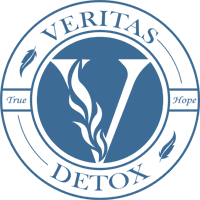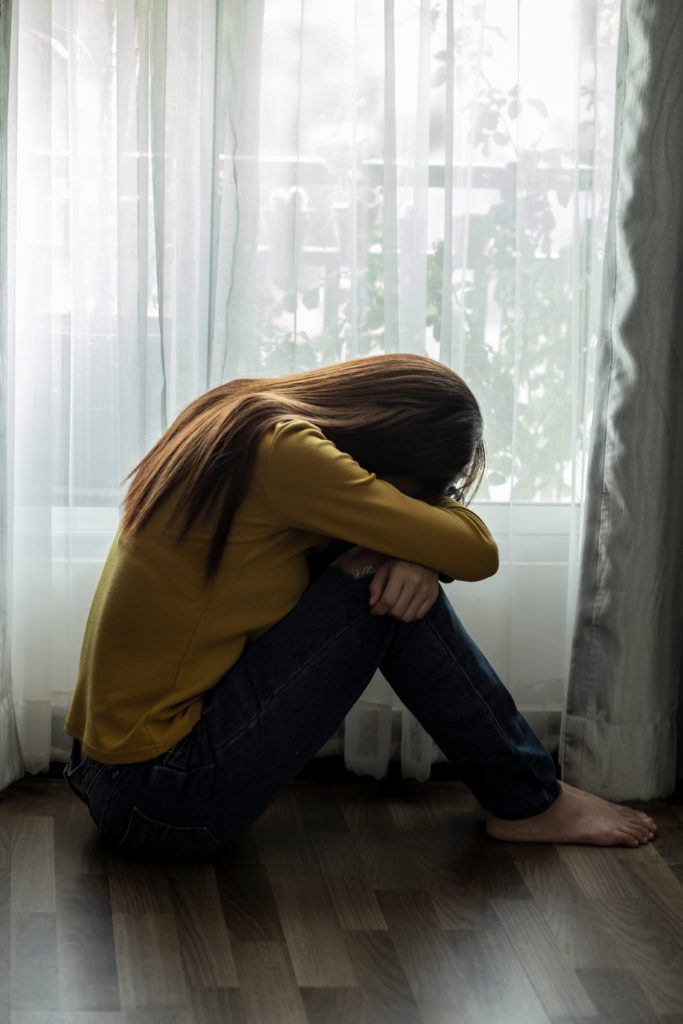The link between substance abuse and depression has long been documented. But which comes first, the chicken or the egg?
In this article, we will examine the relationship between depression and addiction and explore how they affect each other.
What is depression?
Before jumping to conclusions, we need to first get clear on what is the definition of depression.
Depression is a mood disorder that affects how people feel, think, and react to things. Low moods and a lack of motivation are common symptoms of the disorder.
In the worst of instances, depression is characterized by a lack of a will to live.
Life has its ups and downs, and it’s normal to feel a bit on the extreme of each side from time to time. But those suffering from depression tend to stay on the extremely lower end of the emotional spectrum for extended periods of time.
It is possible to develop depression in many different circumstances, ranging from life events to brain chemical imbalances caused by substance abuse.
Common symptoms of depression include:
- Persistent sad or anxious mood
- Hopelessness and pessimism
- Irritability, frustration, and/or restlessness
- Loss of interest, pleasure, and willfulness
- Lower energy levels
- Troubled sleeping patterns
- Changes in appetite
- Pains, headaches, and cramps that are not eased with treatment
- Thoughts and attempts to take one’s own life
Can Depression Lead to Substance Abuse?
Depression and addiction are more deeply intertwined than most imagine. Addicts suffering from substance abuse tend to get depressed, mainly due to the physical depletion of dopamine in the brain and the damaging of other brain functions.
But what you might not know is that the opposite is also possible and that depression causes drug use.
The use of drugs such as ketamine, cocaine, marijuana, and alcohol could be used by people that are depressed and want to self-medicate in order to feel better.
Data also shows that people with depression are twice as likely to self-medicate with alcohol than drugs.
These behaviors can ultimately lead to addiction.
What’s worse is that both conditions can exuberate each other and turn into a degrading cycle.
The depressed take drugs or alcohol to soothe their emotions, then drugs and alcohol worsen their condition—rinse and repeat.
People might choose to self-medicate for a number of reasons including:
- Lack of trust in conventional medicine
- Lack of access to medical care
- Fear of approaching a doctor
- Misguided beliefs
Data shows that the most prevalent reason for self-medication tends to be a lack of access to mental healthcare.
Risks of Dual Diagnosis
Recovering from a dual diagnosis can be challenging even with professional help.
Each condition exuberates the other which means both disorders need to be treated in parallel to ensure the patient is able to recuperate.
Symptoms can also be more challenging to manage since depression causes drug use.
Compared to addicts without a co-occurring disorder, those with a dual diagnosis are more likely to:
- Have severe symptoms of depression
- Relapse over and over again
- Have a lower quality of life
- Attempt to take their own life
A study showed that attempted suicide rates for addicts with depression were:
- Twice as high as they were for addicts who developed alcoholism before depression
- Three times as high as they are for people who only developed depression
- Nine times as high as those who only developed an alcohol use disorder
The risk of suicide is the most troubling risk of the co-occurrence and one that can’t go ignored.
Dual Diagnosis Treatment
It’s pointless to try to cure depression and addiction separately. Doing so risks that one of the conditions will cause the other again since depression causes drug use and the opposite is also true.
In order for patients to get better both co-occurring disorders like substance abuse and depression must be treated in parallel.
If you believe you or your loved one needs dual-diagnosis treatment then you must seek professional help. A dual diagnosis can be challenging for the addict and require professional expertise.
Veritas Detox offers dual-diagnosis therapy and other holistic treatments that can help addicts with mental illnesses fight the underlying causes of their problems and heal in a healthy way.
Contact Veritas Detox today and ask to speak to one of our admission professionals today!





